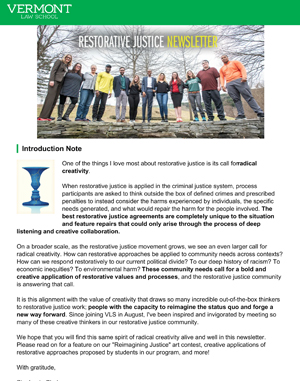About This Class
Germany's constitutional court is a model for post-dictatorial states in the New Europe. The legacy of France's Code Civil continues to evolve in dozens of countries worldwide. Canada is breaking new ground with bi-jural legal education. While practicing lawyers still talk about perceived differences between the Common Law and Civil Law, legal theorists debate whether the distinction was ever valid. We look at both approaches to understand what these different legal traditions and diverse national legal systems have to teach each other, and what a U.S. lawyer can learn for his or her practice, whether stateside or abroad.
We begin by examining comparative law's purposes and methods. Then we devote several weeks to exploring how different countries within our own Western Legal Tradition understand sources of law, the relationship between codes and cases, and constitutional design, including questions of federalism, judicial review and balance of powers. We also look at civil and criminal procedure, legal education and the role of various legal actors. We study selected aspects of legal systems, focusing on France and Germany, with some discussion of "mixed" common/civil law jurisdictions (e.g. Louisiana, South Africa). We also study aspects of the European Union and, time permitting, an emerging legal system chosen to complement student paper topics and to contrast to the Western tradition.
Satisfies Perspective requirement.
Method of Evaluation: 1) Class participation, 2) a short, preliminary paper using the comparative method, and 3) a longer paper comparing how two different legal systems address the same legal question. This course is particularly recommended for students participating in any of the Vermont Law School study abroad programs.



















